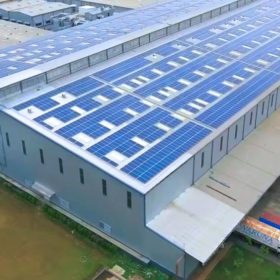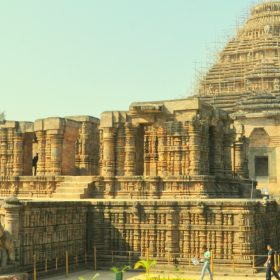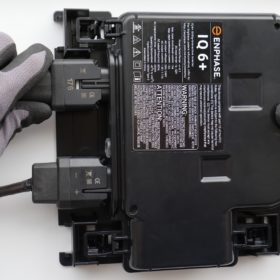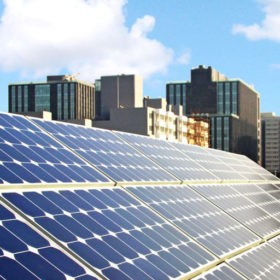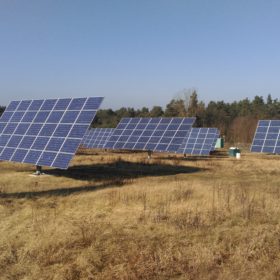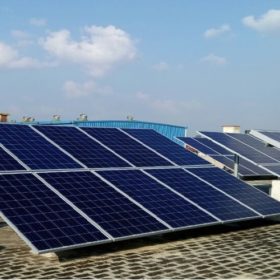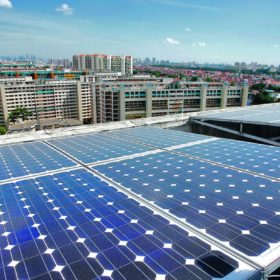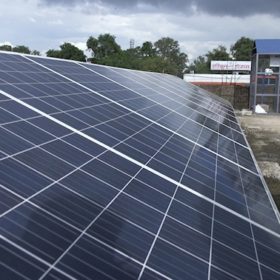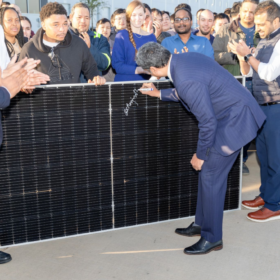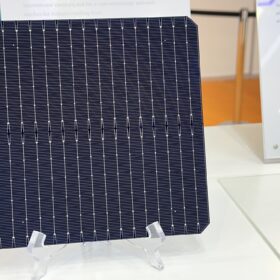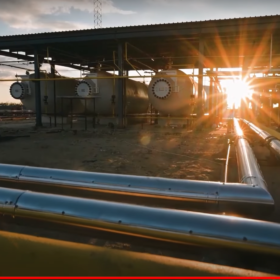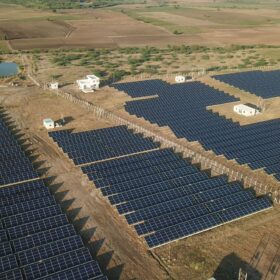Maharashtra leads solar rooftop market in India
India has installed total 1,861 MW rooftop PV as of September 2017 as the state of Maharashtra overtakes Tamil Nadu to become largest for rooftop solar, as per latest report by Bridge to India. Analysts have revised India’s rooftop projection to 10.8 GW by 2021.
Odisha: The eastern state is enhancing its solar potential
The Odisha state government plans to increase its solar power generation capacity from 63 MW to 333 MW by the end of 2017-2018. The eastern state of India has also invited bids for 200 MW of solar power, with the process set to begin in a fortnight. Odisha’s rooftop capacity stands at 16 MW.
Enphase Energy enters Indian market with R&D facility and 1 MW installation
US company has entered India’s solar market with creation of R&D center and microinverter supply deal for 1 MW solar installation in Bengaluru in partnership with RenXSOl Ecotech.
$23 billion rooftop PV opportunity in India, but 40 GW targets ‘unachievable’ – BNEF
India’s rooftop PV ambitions present a US$23 billion investment opportunity, says Bloomberg New Energy Finance (BNEF). However, despite the sub-sector being the fastest growing, its 40 GW targets are “unachievable”.
India solar installs hit 2.2GW in Q3
Record growth continues as India installed 2,247 MW of solar projects in Q3 2017, up 15% from Q2 2017. The total installation at the end of 2017 is expected to range from 9.5 GW to 10 GW. The 7 GW solar installation in first nine months covered more than one-third of total new power capacity addition in 2017.
Sunsure Energy look at $30.8 million revenue in FY2018
The New Delhi based solar developer is marking its second consecutive year of growth. Sunsure Energy founded in 2014, until now, has commissioned 6+ MW and is executing 25+ MW solar installation across India.
Climate Policy Initiative presents financial solutions for rooftop solar in India
CPI has summarized the present rooftop sector of India, its economics, and the financial facilities to the industry from government and banks. The analyst and advisory firm has presented the solutions for the current financial obstacles to the growth of rooftop solar. The team has advised two Indo-U.S. collaborative initiatives, USICEF and USICFP, with which these solutions can be implemented.
Interview: Ujaas Energy JMD talks on Indian solar sector
Vikalp Mundra, Joint MD and promoter of Ujaas Energy Ltd, speaks to pv magazine about the solar manufacturing and quality importance for India. The company has installed more than 200 MW of solar at utility-scale, rooftop, and residential. He also defended the Renewable Energy Certificate, but explained its drawbacks.
KREDL retenders 200 MW Pavagada Solar Park
The Karnataka renewable energy development limited (KREDL) has reissued the tender for Pavagada 200 MW solar park that was withdrawn in August 2017.
ABB to supply inverters for Solar charging stations for E-Rickshaws
Three wheeled auto rickshaws that still operate in large numbers as a mode of transport in India are going E-Way. A solar charging station scheme in the city of Jabalpur, Rajasthan will help to reduce charging costs by 25%.
